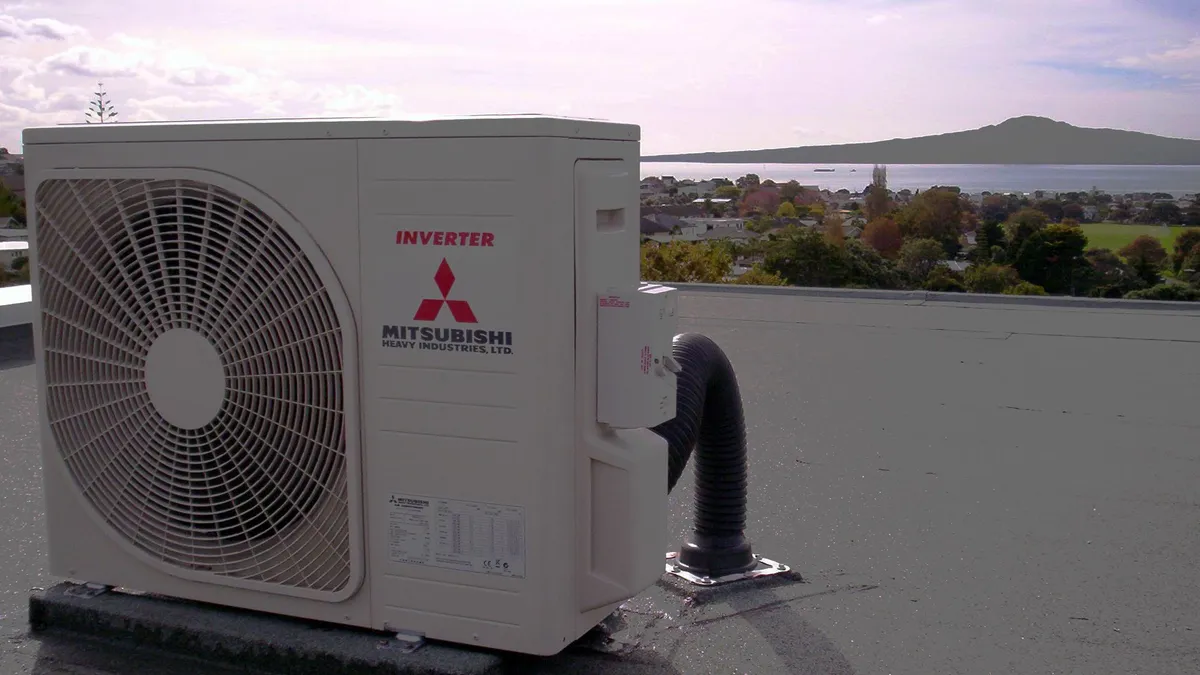Dive Brief:
- The U.S. Department of Energy has issued a request for information for help designing a potential market-based pilot that would inject more flexibility into the U.S. Appliance and Equipment Energy Conservation Standards (ECS) program.
- The RFI uses the Corporate Average Fuel Economy (CAFE) standards program for light-duty vehicles as an example of a design using averaging, banking and credit trading within a manufacturers lineup of products.
- The Trump administration has been working to halt or roll back several Obama-era efficiency programs, and directed federal agencies to cease finalization of new regulations of several new classes of products.
Dive Insight:
The White House is continuing efforts to do away with energy regulations it views as onerous or unnecessary, and is now accepting comments on how a system similar to the CAFE construct might be applied to products beyond light-duty automobiles.
"Of particular interest are designs that would use market-based policy mechanisms such as averaging, credit trading, or feebates," the RFI says. "Market-based policy mechanisms are potentially less burdensome alternatives as they use markets, price, and other economic variables to provide incentives for regulated entities to reduce or eliminate negative environmental externalities in the least cost way."
"These policy mechanisms recognize that compliance costs may vary significantly across the regulated sector and allows individual parties to choose the most cost effective compliance option," according to the RFI.
DOE said it is evaluating the potential advantages and disadvantages of "additional flexibilities" in the U.S. Appliance and Equipment Energy Conservation Standards program.
Earlier this year, the White House called a halt to finalization of new regulations. Regulations covering portable air conditioners, walk-in coolers and freezers, commercial boilers and uninterruptible power supplies have yet to be finalized by publishing in the Federal Register. According to the Department of Energy, those new standards could potentially save between $15 billion and $35 billion. The Obama administration used appliance standards to try and reduce carbon emissions by at least 3 billion metric tons cumulatively by 2030.
While the ECS program is not a household name, Trump's efforts have not stopped there. Lawmakers on the House Appropriations Committee this summer voted to slash Energy Star funding in the fiscal year 2018 budget, and Trump has floated the idea of cutting it entirely.
A House Appropriations Committee report showed Energy Star funding at $31 million, a roughly 40% cut according to the Alliance to Save Energy.















